Biden insists no Taiwan policy change
About-face, Joe!
On the final day of his trip to Asia, President Biden said Tuesday that the US is still employing a policy of “strategic ambiguity” about Taiwan – 24 hours after he expressed willingness to send the US military to defend the island nation if it was attacked by China.
“Mr. President, is the policy of strategic ambiguity toward Taiwan dead?” one reporter asked Biden during a press event in Tokyo.
“No,” the president said without elaboration.
When pressed further about whether he would dispatch troops to Taiwan in the event of a Beijing invasion, Biden insisted, “the policy has not changed at all.”
“I stated that when I made my statements yesterday,” the president added.
On Monday, however, the president said the opposite, giving an unequivocal “yes” to the question: “Are you willing to get involved militarily to defend Taiwan, if it comes to that?”
“That’s the commitment we made,” Biden told reporters twice during a joint press conference with Japanese Prime Minister Fumio Kishida.
“We agree with the ‘one China’ policy. We signed on to it. All the attendant agreements [were] made from there. But the idea that that can be taken by force, just taken by force. It’s just not — it’s just not appropriate.”
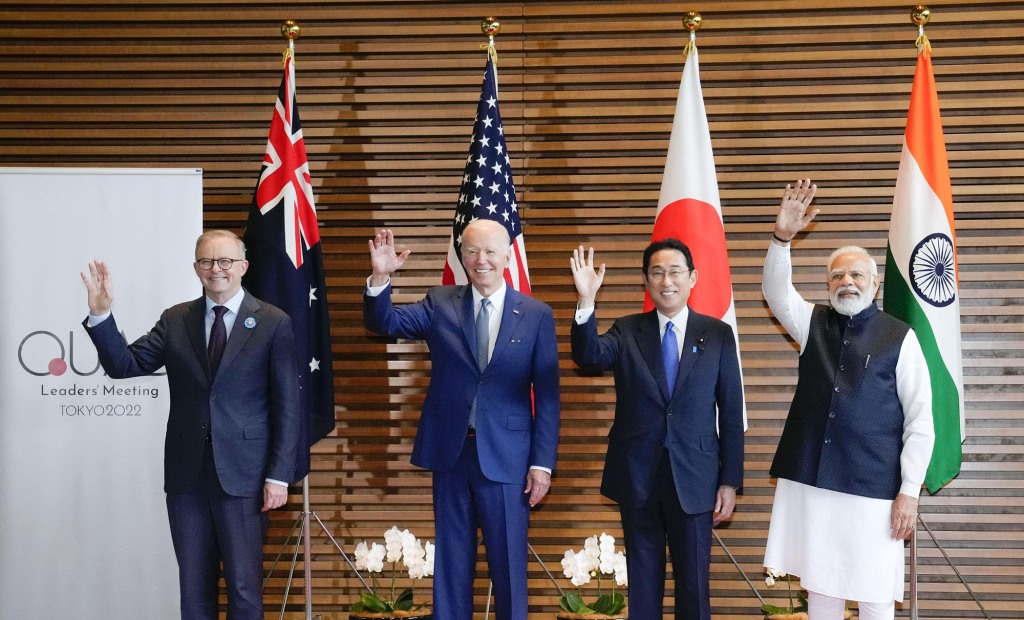
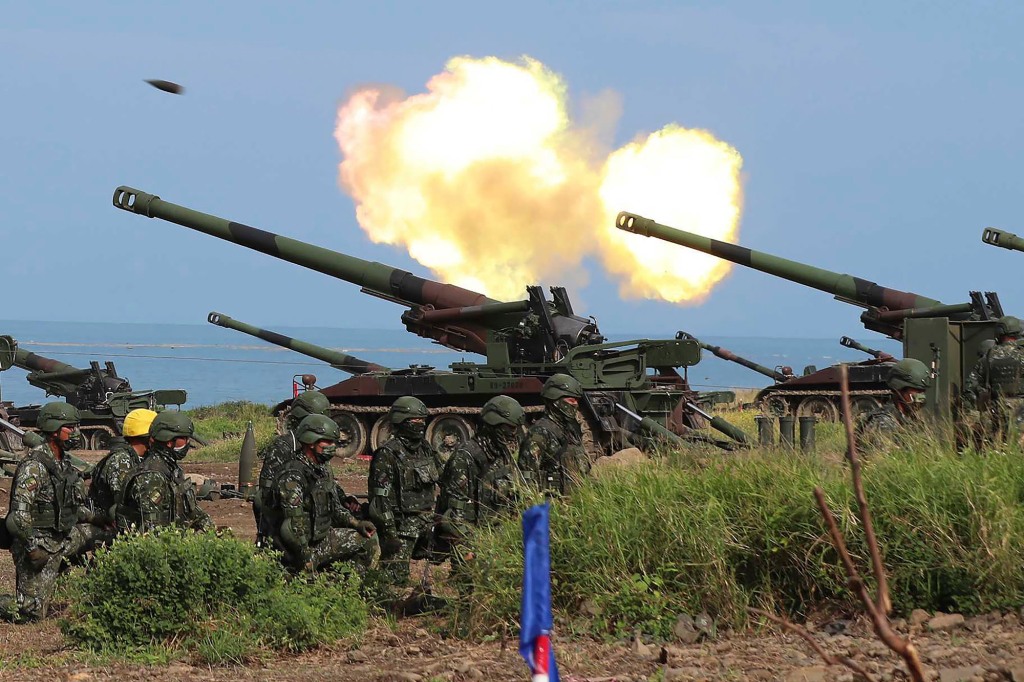
The statement overshadowed Biden’s four-day trip to Japan and South Korea, his first visit to Asia as president, and forced the White House to walk back one of the president’s statements about Taiwan for the third time in nine months.
“As the president said, our policy has not changed,” a spokesperson told Fox News. “He reiterated our One China Policy and our commitment to peace and stability across the Taiwan Strait. He also reiterated our commitment under the Taiwan Relations Act to provide Taiwan with the military means to defend itself.”
The “one China” policy refers to the US position that the Communist government in Beijing is the sole legal authority over the Asian nation and the acknowledgement — but not acceptance — of its claim that Taiwan is part of China.
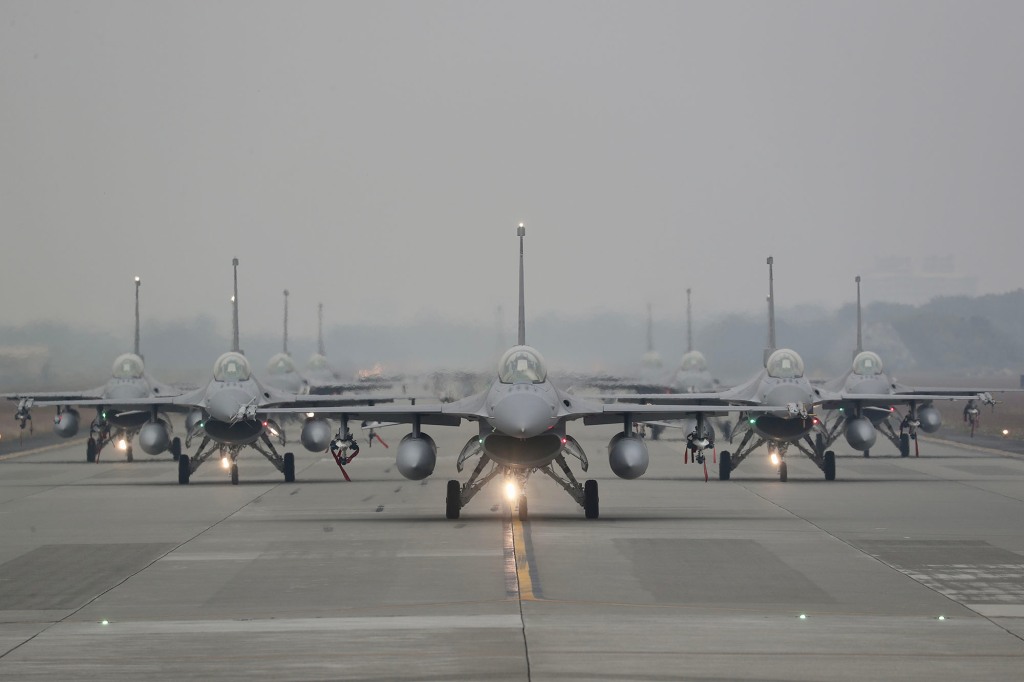
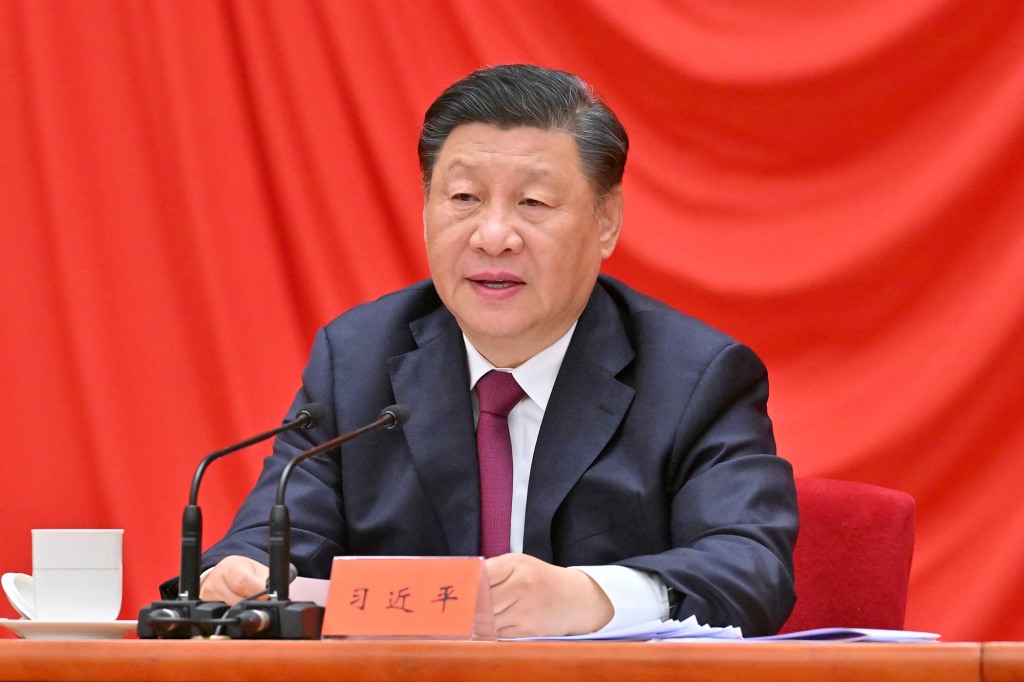
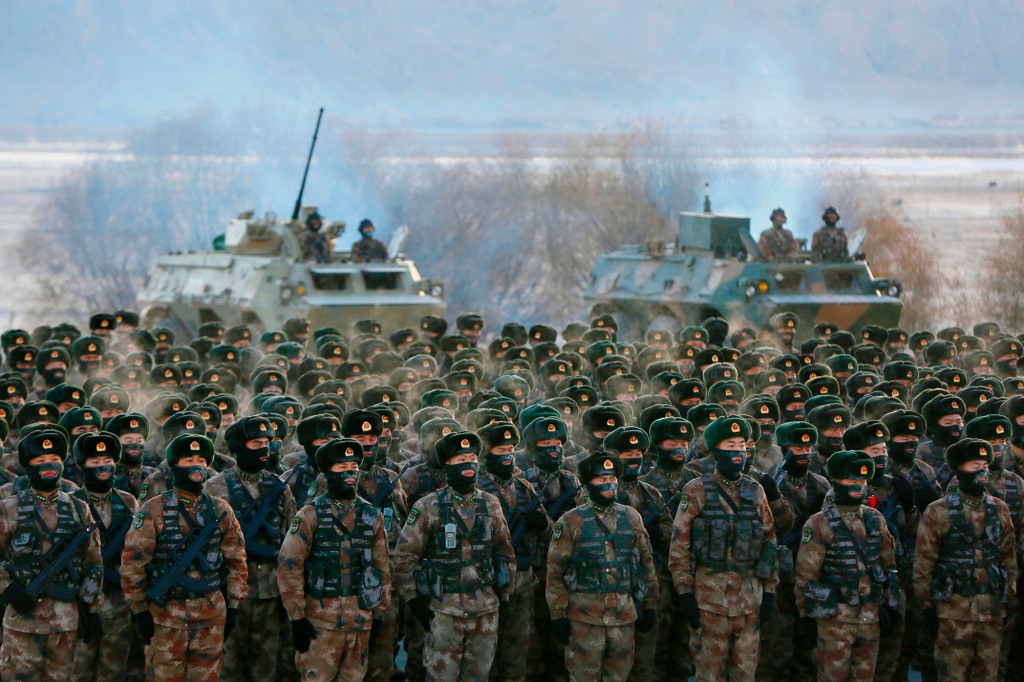
Under the 1979 Taiwan Relations Act, the US is not required to militarily defend Taiwan, but is required to ensure Taiwan has the resources to defend itself.
Traditionally, Washington has used that wiggle room to avoid making any explicit security guarantees towards Taiwan, maintaining a policy of “strategic ambiguity.”
China slammed Biden’s Monday comments, with the nation’s foreign ministry expressing “strong dissatisfaction and firm opposition.”
“No one should underestimate the strong determination, firm will, and strong ability of the Chinese people to defend national sovereignty and territorial integrity, and do not stand against the 1.4 billion Chinese people,” a spokesperson said, according to CNBC.
Read the full article Here


